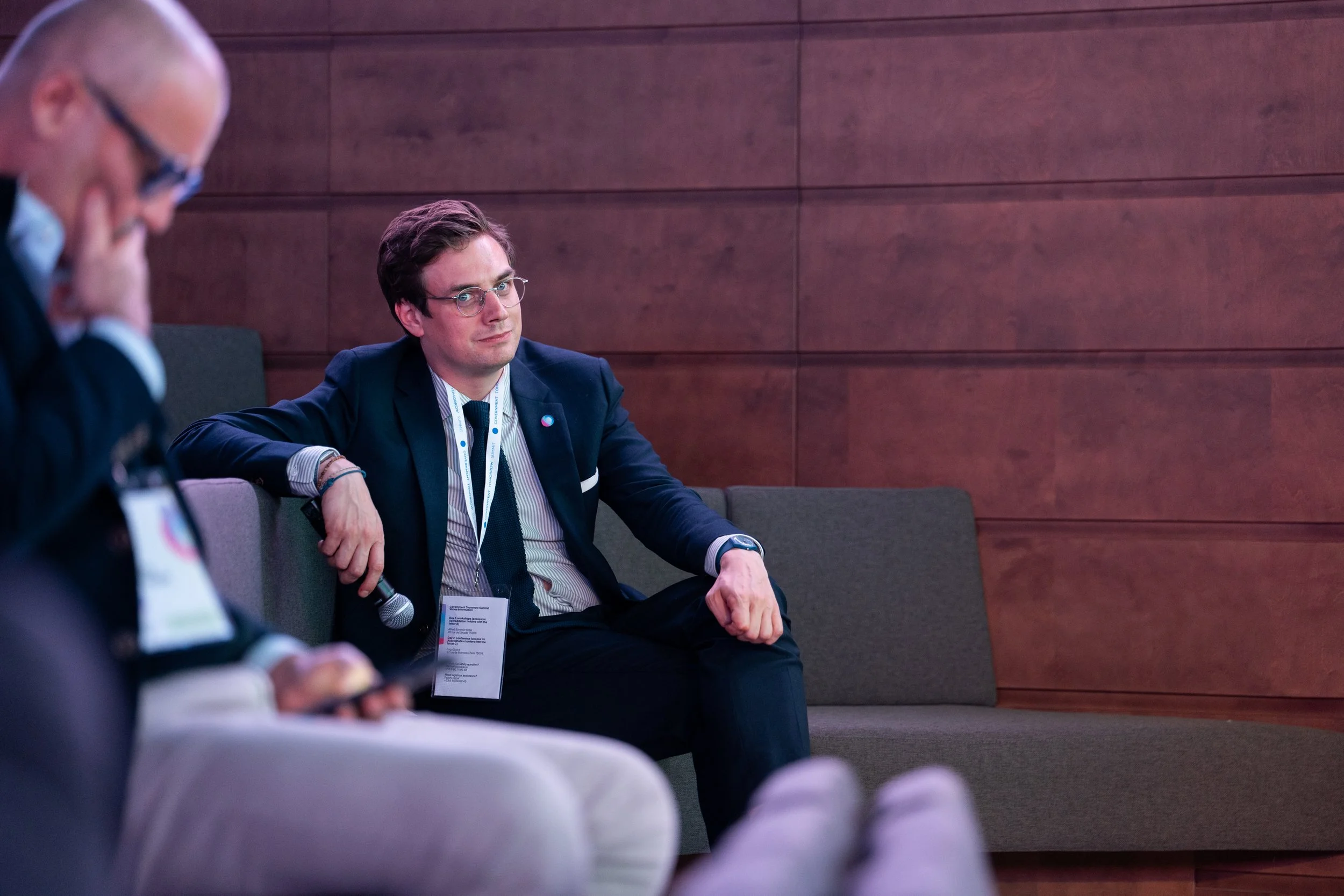My Work and Ideas
Gambit is my main activity, the major business unit that channels my vision of the world into practice. Co-founded with great friends from France, Denmark, and United States, Gambit is an ambitious venture that aims at becoming the world’s best solution provider for governments.
We work with an incredible network of former heads of state and government, ministers, business founders, researchers, experts, and super-talented students to provide not just ideas, but actual answers and solutions to even the most complex problems.
Gambit focuses on the questions of digital transformation, finance, strategic thought, and quality reforms.
Visit our website at www.gambit-delys.com.
I launched the Government Tomorrow Forum idea in late 2022, and its operations started in 2023. This project’s ambition is to become the world’s main brand of governance-related knowledge, and to unite all government experts in the world around the idea of imagining and building governments of tomorrow.
GTF is built a yearly Summit and a constant, year-round work of GTF Labs that we are establishing with the leading universities in different parts of the world, including France, Finland, Italy, and the US.
Learn more at governmenttomorrow.com.
Spykman Center
Geopolitics is everywhere, whether we like it or not.
Spykman Center is one of the best initiatives I have ever supported: launched by my teacher from Sorbonne, Manlio Graziano, this non-profit association teaches students and curious individuals the method of understanding of the world’s most important dynamics.
The Center runs seminars, summer schools, and regular events, so go to its website now and join us!
Neopolitics
“We still live with the old immutable structures: Parliaments, Presidents, ministers, departments and as-sociations, and we continue to assign decision-making to them as has been the case for hundreds of years (although this is just as questionable). Members of Parliament are elected by universal suffrage, Presidents and Prime Min-isters make decisions that governments implement. And in countries we call less democratic, authoritarian leaders use power mechanisms to control the entire political spectrum and hunt down the opposition...
But is that really the way it works? Knowing that private companies generate more money than many countries in the industrial world; that so many influences weigh on the electorate at so many levels that votes are no longer allocated to the voters themselves but to the so-phisticated calculations of large agencies, the brokers of influence; that individuals outside the political sphere of-ten have more power than those at the top of the electoral pyramid, etc. etc…
So what exactly are we talking about when we use the word "politics"?”
Meaning of Power essay
“Power is everywhere. You have a lot of it—starting with the rather impressive power to transform the symbols you are seeing on these pages into sounds, thoughts, images and concepts with which you will build a mental narrative. But also, the power to move, to write, to speak, to experience emotions... Wherever thought is transformed into something tangible, be it an action, an object, a word, an influence, power is involved. With power, one can. It is not by chance that in English, the word also refers to electric current. We cut off the current, and the power that animates our household appliances disappears.
Like electricity, power relationships run through human relationships. Alfred Adler, one of Freud's brilliant disciples, based his discourse on the capital importance of power, replacing with it the Freudian preponderance of sexuality. Machiavelli, by brushing aside the Platonic or Confucian— idealistic—vision of political power, offered us its disturbing secrets. The relationship between children and their parents, between managers and their employees, between God and his faithful, between a man and a woman, passes, whether we like it or not, through the question of power. The most cosmological philosophy and the most down-to-earth psychiatry, from Rousseau to Jung, from Goethe to Tolstoy, from Aristotle to Locke, not to mention the ancient cultures of Egypt, Mesopotamia, India and China, have all dealt with questions of power. Feminist demands against oppressive patriarchy and the French Yellow Vests' aspirations for fairer government share the common problem, if not trauma, of power. In the management of the coronavirus crisis, power, with its excesses and inescapable nature, is more than ever at the forefront of the scene.”



